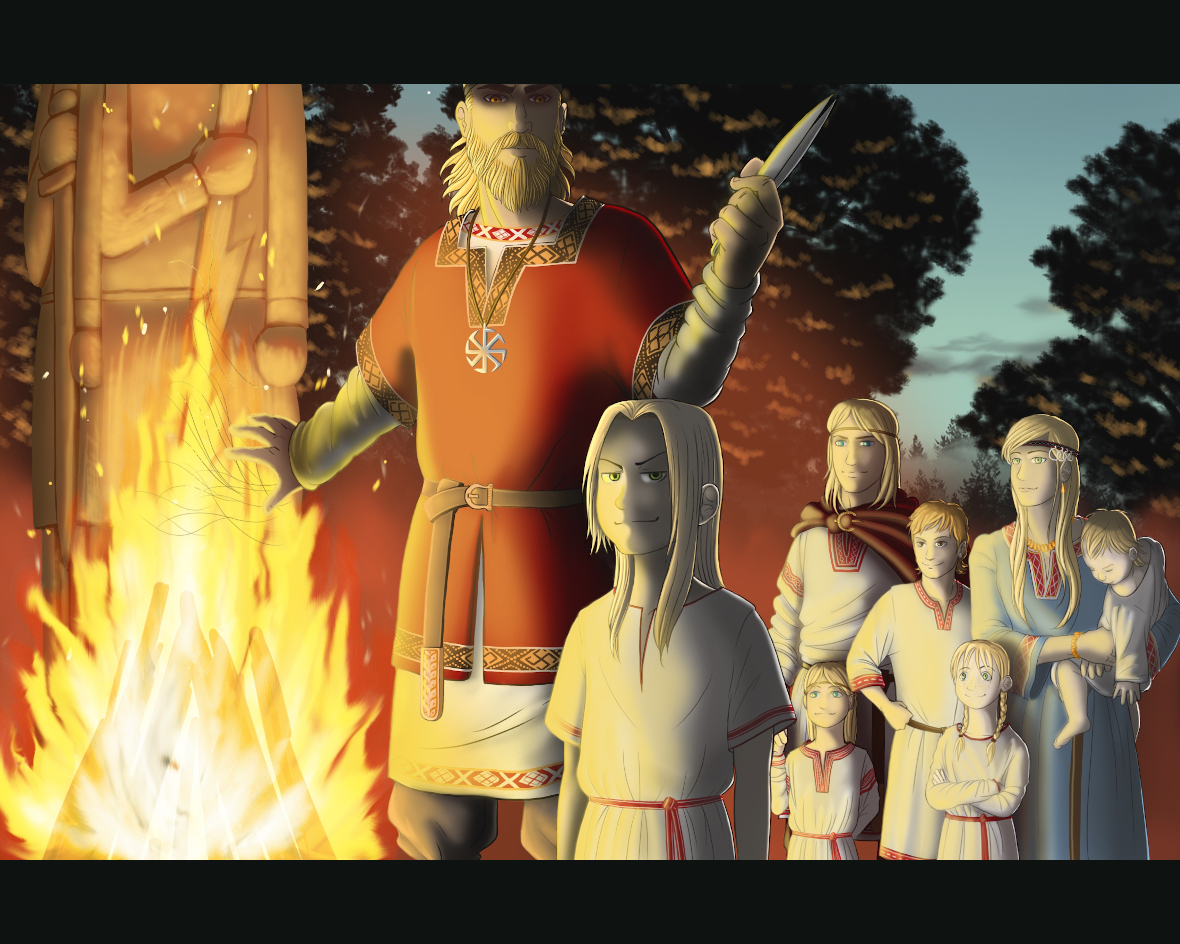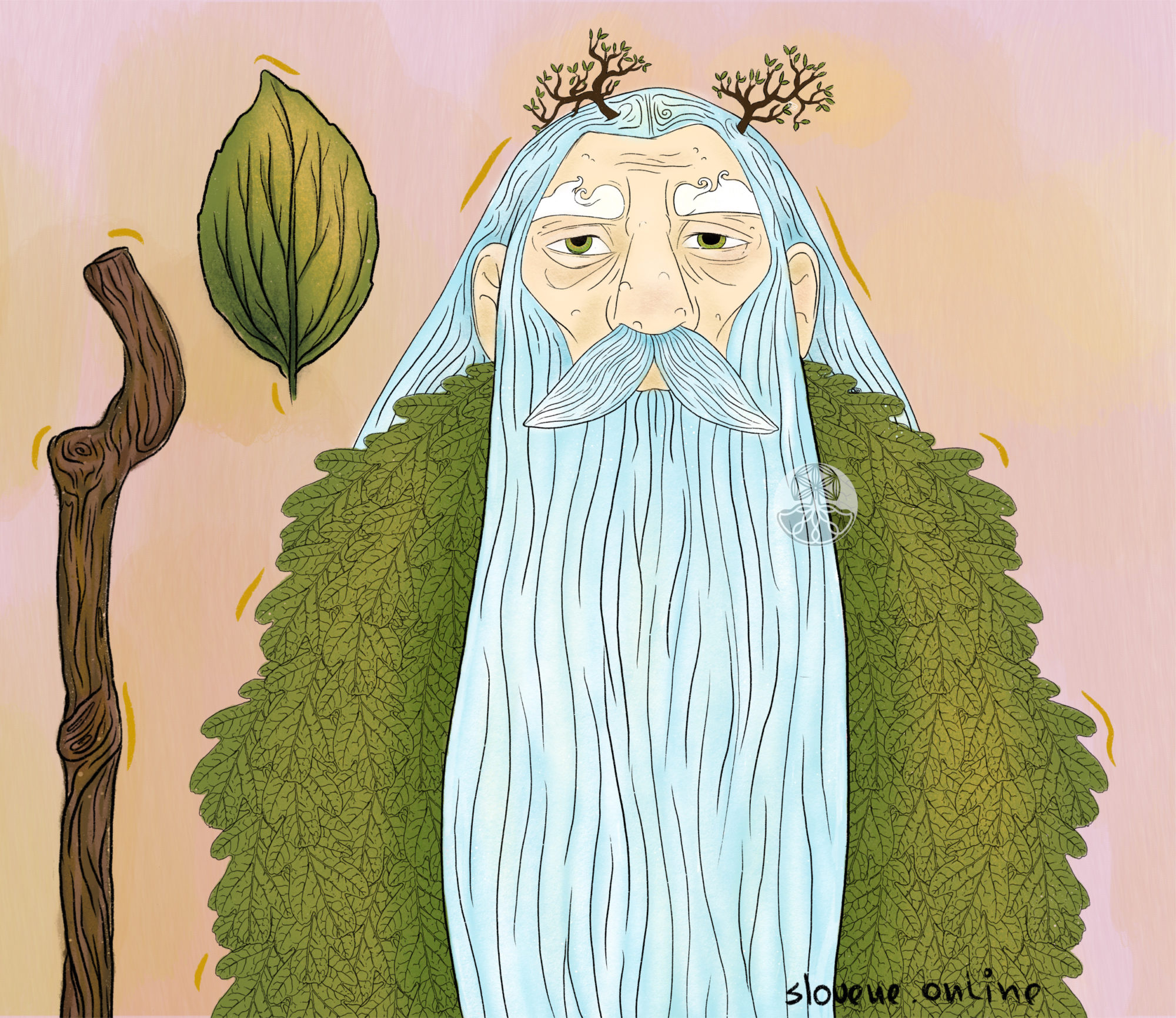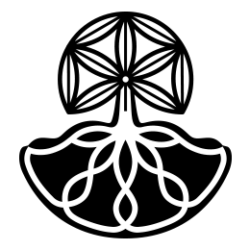Among the southern Slavs, postrizhiny was an act of establishing kinship. In Serbia, the one who cut a child’s hair became his “postrizhiny father” (“шишано кумство”), in Bulgaria – the child’s brother. In Bosnia, if two families were in a quarrel, a member of the warring family was specially invited to cut the child’s hair, after which both sides would call truce. Such kinship was valued above blood or spiritual relationship.
ꏍ
The parents thanked the hair cutters. The Serbs gave them a shirt or weapons. Among the southern Slavs and Ukrainians, all the guests brought treats and gifts: pies, bread, salt, clothes for the child. Giving a gift to the child, to the one who cut the hair and to relatives and guests was considered mandatory. Among different Slavic nations, a “postrizhiny father” could give a child clothes and shoes, a red hat, a beehive, a sheep or other domestic animal. The child received gifts from his maternal grandfather and grandmother and from other relatives.
ꏍ
Postrizhiny celebration feast had different forms: from an ordinary family dinner to a rich ceremonial meal similar to a wedding, with the invitation of musicians and dances.
ꏍ
What other children related holidays do you know?
ꏍ
To be continued…
Artist: https://www.deviantart.com/mirogniewa
ꏍ

